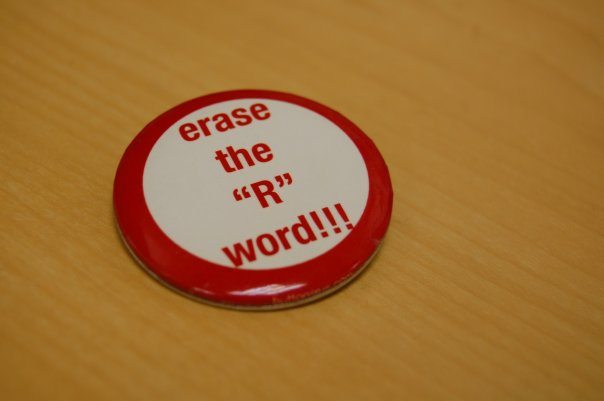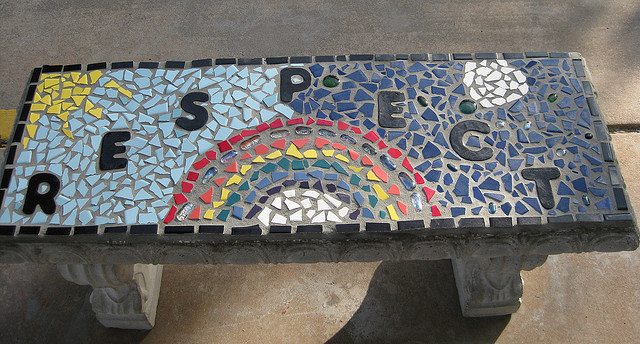A retread on retard
“Retard” has to be one of the most commonly used adjectives. Your mate who forgot his ID even though you were going to a student night? What a retard. The following 15+ vodbulls no doubt got you absolutely retarded. I’m sure that the terrible coffee you bought after for your hangover was also priced retardedly high. Over the course of an afternoon in the library, I counted one person use the word more than 20 times. I held my tongue because I didn’t want to be the super-liberal thought police. I wish I had said something.
I think we need to start calling people out on this stuff more. Trust me, I get that language is a fluid thing. I know that using “retard” as a pejorative isn’t deliberately insulting the intellectually disabled. And while it should be obvious that this association between intellectual disability and all that is terrible and disappointing is horrible, I’m not going to go at length to explain why. It should be clear.
What I’ve learned is that the disabled are not The Disabled
 What concerns me is the level of understanding and awareness that people have of disability. For example, before uni I’d never had a disabled friend or family member. There weren’t any disabled kids at my school. Frankly, disability confused and scared me. Now I’m an active volunteer at a club for young people of all abilities. I get to spend every other Thursday hanging out and playing games with some hilarious kids. What I’ve learned is that the disabled are not The Disabled. A 14 year old with autism, is still a 14 year old. They still have a name, laugh and have horrendous mood swings.
What concerns me is the level of understanding and awareness that people have of disability. For example, before uni I’d never had a disabled friend or family member. There weren’t any disabled kids at my school. Frankly, disability confused and scared me. Now I’m an active volunteer at a club for young people of all abilities. I get to spend every other Thursday hanging out and playing games with some hilarious kids. What I’ve learned is that the disabled are not The Disabled. A 14 year old with autism, is still a 14 year old. They still have a name, laugh and have horrendous mood swings.
Disability does not make you a different kind of person, it simply makes you different. I still see people talking to adults like they’re children simply for being in a wheelchair. I still see people being held up as an “inspiration” simply for choosing to get out of bed in the morning despite having dwarfism.
Nobody seems to understand disability. “Retard” is such a prevalent insult because the inherent harm falls on disabled ears, as if that somehow removes the sting. Count how often you use the word. If the number seems high, then start asking yourself how much you know about disability.
[divider] flikr.com/rebeccawilson
[divider] flikr.com/glendasims

Comments